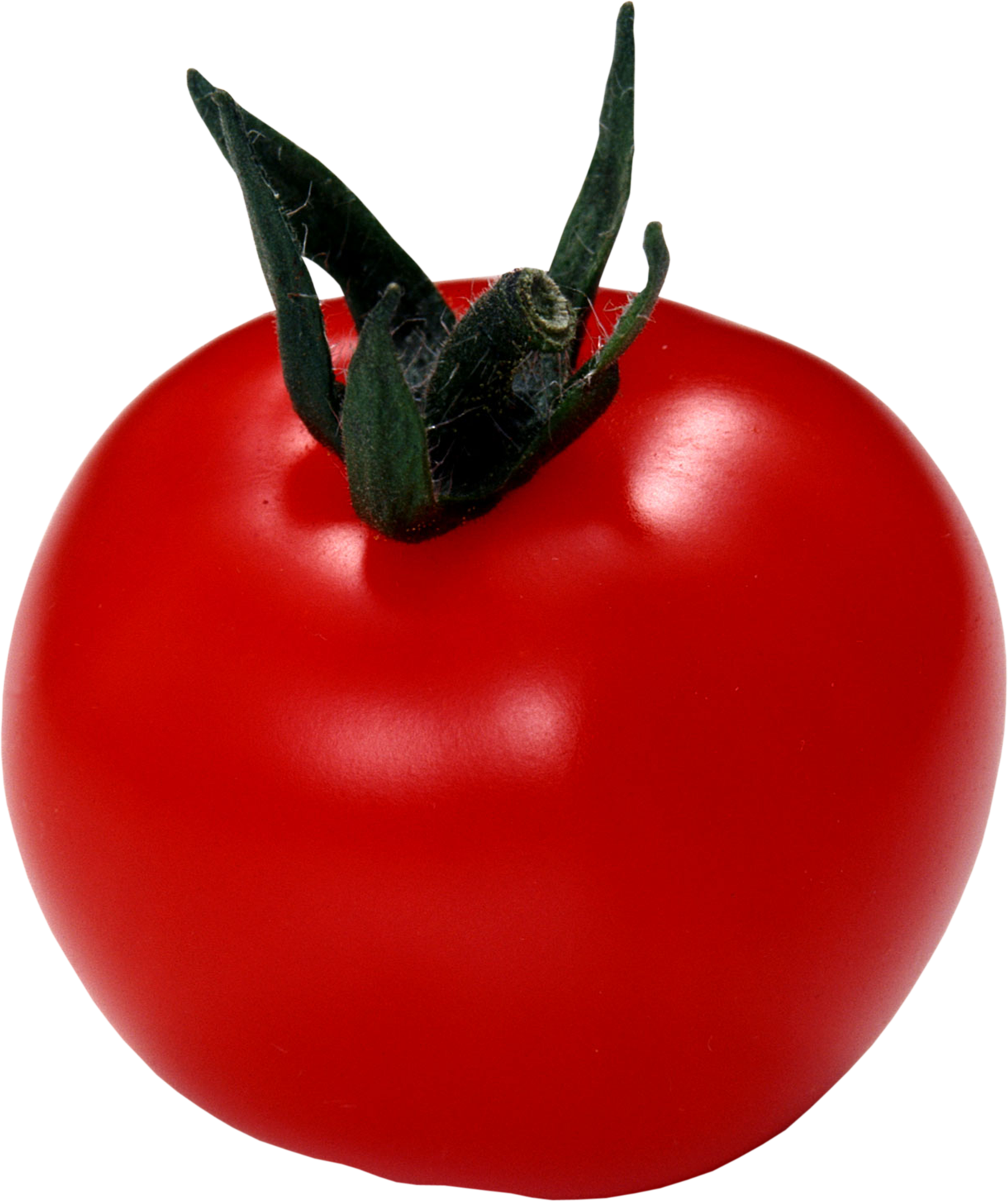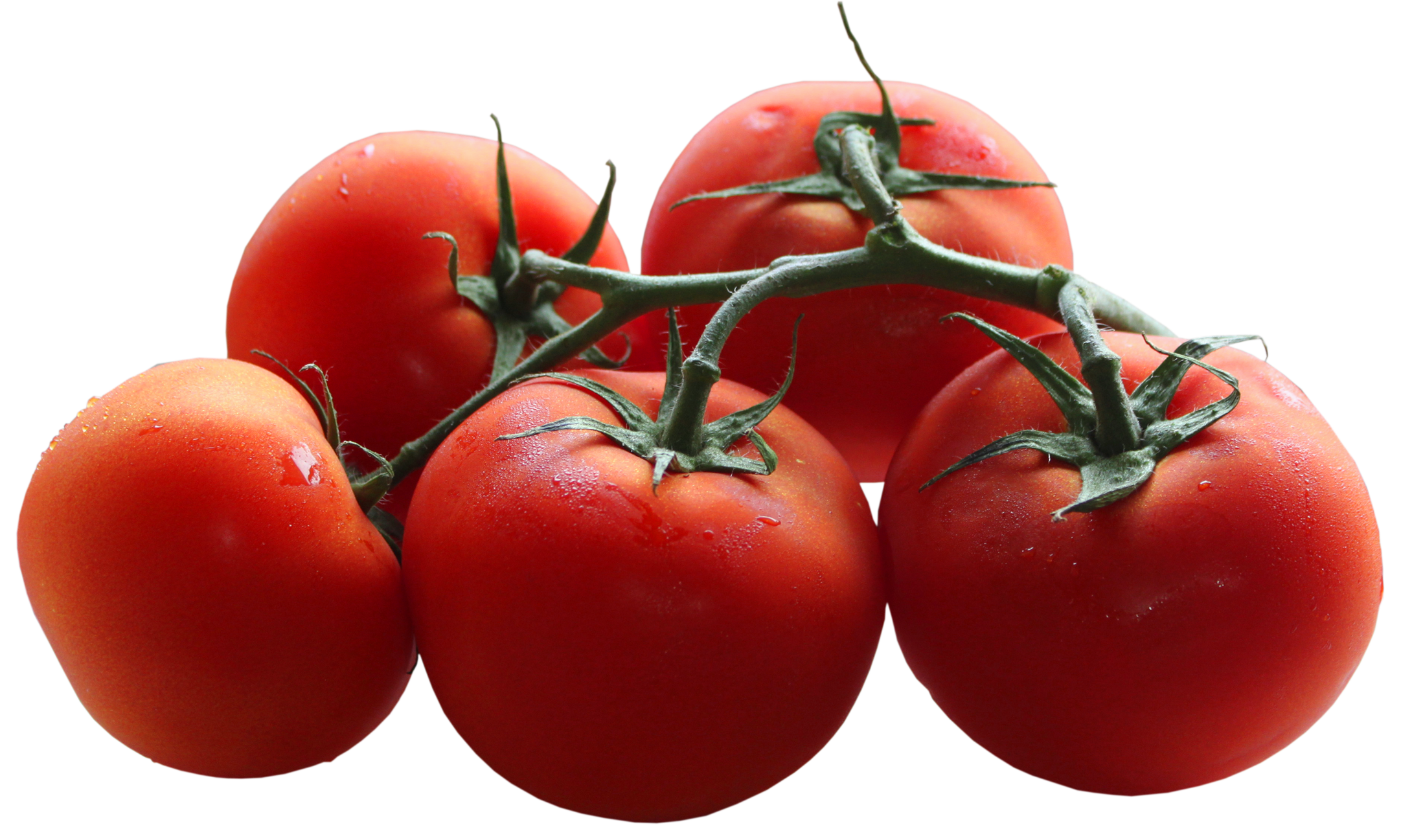Have you ever found yourself in a heated argument over how to pronounce the word "tomato"? It might sound silly, but the debate between "tomatoes" and "tomahtoes" has been going on for generations. Whether you’re a "may" or an "mah" person, this little linguistic difference taps into something bigger—culture, identity, and even science. So buckle up because we’re diving deep into the world of tomatoes and tomahtoes, exploring why it matters (and yes, it does).
Let’s face it, food is personal. The way we say things often reflects where we come from, who we grew up with, and what we value. And when it comes to tomatoes, people get passionate—some so much that they’d argue until the cows come home about which pronunciation reigns supreme. But is it really just about saying it right? Or is there more to this story than meets the eye?
In this article, we’ll explore everything from the history of tomatoes to the cultural nuances behind how we pronounce them. We’ll also throw in some fun facts, expert opinions, and maybe even a recipe or two. So whether you’re Team Tomayto or Team Tomahto, stick around because this journey is going to be one spicy ride!
- Social Structure Of Mesopotamia A Deep Dive Into The Ancient Civilizationrsquos Hierarchy
- How Do I Reverse Credit To Mpesa A Comprehensive Guide For Everyday Use
Table of Contents
- The History of Tomatoes Tomahtoes
- Why Pronunciation Matters
- The Science Behind Sound
- Cultural Influences on Language
- Nutritional Benefits of Tomatoes
- Delicious Recipes Featuring Tomatoes
- Tomato Consumption Statistics
- Common Myths About Tomatoes
- Health Benefits of Eating Tomatoes
- Final Thoughts
The History of Tomatoes Tomahtoes
Where Did Tomatoes Come From?
Tomatoes didn’t always have their moment in the spotlight. In fact, they were once considered poisonous by many Europeans due to their membership in the nightshade family. But that didn’t stop adventurous explorers from bringing them back from South America, where they originated. Over time, tomatoes became a staple in cuisines across the globe, from Italian pasta sauces to Mexican salsas.
But here’s the kicker—when tomatoes made their way to England, the Brits decided to add a little flair to their pronunciation. Enter "tomahto," a posh-sounding version that caught on among the upper classes. Meanwhile, the rest of the world stuck with "tomayto," a simpler, more straightforward take. And thus, the great divide was born.
How Tomatoes Conquered the World
Tomatoes didn’t just stop at Europe—they went global. From Asia to Africa, every culture found its own way to use this versatile fruit. Whether it’s in curries, soups, salads, or even smoothies, tomatoes are everywhere. And with each new adaptation came a new pronunciation—or maybe just a nod to the original debate.
- Albert Olmstead The Forgotten Genius Who Changed The World
- Happy Anniversary To Mom And Dad Celebrating Love That Builds A Family
But let’s not forget the role of trade routes and colonization in spreading tomatoes far and wide. As ships sailed across oceans, so did the seeds of this humble fruit. And with them came stories, traditions, and yes, arguments over how to say its name.
Why Pronunciation Matters
Pronunciation might seem like a small thing, but it’s actually a big deal. Think about it—when you meet someone new, one of the first things they notice is how you speak. Your accent, your tone, your choice of words—all of these things tell a story about who you are. And when it comes to tomatoes, pronunciation is no exception.
Regional Differences
Let’s break it down by region. In the U.S., you’re likely to hear "tomayto" in most places, especially in the South and Midwest. But head to the East Coast, and you might catch a few "tomahto" enthusiasts. In the UK, "tomahto" is king, while in Australia, it’s all about "tomayto." And in India? Well, let’s just say they’ve got their own twist on things.
These regional differences aren’t just random—they’re rooted in history, migration patterns, and even education systems. For example, British colonial influence in India meant that many educated Indians adopted "tomahto" as the correct pronunciation. Meanwhile, American English evolved in its own direction, favoring the simpler "tomayto."
Class and Status
Here’s where things get interesting. In some circles, how you pronounce "tomato" can be a marker of class or status. In the UK, "tomahto" is often associated with the upper class, while "tomayto" is seen as more working-class. In the U.S., the opposite can sometimes be true, with "tomahto" viewed as pretentious or overly formal.
But hey, who’s keeping score? At the end of the day, we’re all just trying to enjoy a good tomato, right?
The Science Behind Sound
So why do we pronounce words differently in the first place? The answer lies in the science of sound. When we speak, our mouths, tongues, and vocal cords work together to create distinct sounds. And depending on where you’re from, those sounds can vary wildly.
Phonetics and Phonology
Phonetics is the study of how sounds are produced, while phonology looks at how those sounds are organized in a language. For example, the "a" sound in "tomayto" is pronounced with the tongue further back in the mouth, while the "ah" sound in "tomahto" requires the tongue to move forward. These tiny differences can add up to big variations in pronunciation.
And then there’s the matter of stress. In "tomayto," the emphasis is on the second syllable, while in "tomahto," it’s on the first. This shift in stress can change the entire feel of a word, making it sound more formal or casual depending on the context.
Cultural Influences on Language
Language is deeply tied to culture, and tomatoes are no exception. From family traditions to media portrayals, the way we talk about tomatoes is shaped by the world around us.
Family and Upbringing
Think back to your childhood. Did your parents say "tomayto" or "tomahto"? Chances are, you picked up their pronunciation without even realizing it. Family is one of the biggest influences on how we speak, and tomatoes are no exception.
But what happens when you move to a new place or meet people with different backgrounds? Suddenly, the way you pronounce "tomato" might not feel so natural anymore. And that’s okay—it’s all part of the learning process.
Media and Pop Culture
Pop culture has also played a role in shaping how we think about tomatoes. Remember the classic song "Let’s Call the Whole Thing Off" by George and Ira Gershwin? It’s practically synonymous with the tomato debate. And let’s not forget movies, TV shows, and social media, all of which have added their own twists to the conversation.
Nutritional Benefits of Tomatoes
Now that we’ve covered the cultural and linguistic side of things, let’s talk about what really matters—the nutritional benefits of tomatoes. These little red fruits (yes, they’re technically fruits!) are packed with vitamins, minerals, and antioxidants that can do wonders for your health.
- Vitamin C: Boosts your immune system and helps fight off colds.
- Lycopene: A powerful antioxidant that may reduce the risk of certain cancers.
- Potassium: Helps regulate blood pressure and supports heart health.
And the best part? Tomatoes are versatile enough to fit into almost any diet. Whether you’re eating them raw in a salad, cooked into a sauce, or blended into a smoothie, you’re getting all those amazing benefits.
Delicious Recipes Featuring Tomatoes
Of course, no discussion of tomatoes would be complete without talking about food. Here are a few recipes to get your taste buds tingling:
Classic Tomato Soup
Nothing says comfort like a warm bowl of tomato soup. Blend fresh tomatoes with onions, garlic, and a splash of cream for a creamy, flavorful treat.
Caponata
This Sicilian dish is a perfect way to use up summer tomatoes. Combine them with eggplant, celery, and olives for a savory, tangy side dish that’s sure to impress.
Tomato Consumption Statistics
Did you know that Americans consume over 20 pounds of tomatoes per person each year? And that’s just the tip of the iceberg. Here are a few more stats to chew on:
- The global tomato market is valued at over $60 billion annually.
- China is the largest producer of tomatoes, followed closely by India and the U.S.
- Processed tomatoes, like ketchup and sauce, account for over 70% of tomato consumption worldwide.
These numbers show just how important tomatoes are to our diets—and our economies.
Common Myths About Tomatoes
There’s a lot of misinformation out there about tomatoes. Let’s set the record straight on a few of the biggest myths:
- Myth: Tomatoes are vegetables. Nope! Botanically speaking, they’re fruits.
- Myth: Raw tomatoes are healthier than cooked ones. Actually, cooking tomatoes can increase the bioavailability of lycopene, making it easier for your body to absorb.
- Myth: Tomatoes cause acid reflux. While they’re acidic, they don’t necessarily trigger reflux in everyone.
Health Benefits of Eating Tomatoes
Tomatoes aren’t just delicious—they’re also good for you. Here are a few ways they can improve your health:
- They may lower the risk of heart disease by reducing cholesterol levels.
- They’re linked to better skin health thanks to their high vitamin C content.
- They could even help protect against certain types of cancer, thanks to their lycopene content.
So the next time you’re debating whether to add tomatoes to your salad, remember—all those health benefits are worth it!
Final Thoughts
Whether you say "tomayto" or "tomahto," one thing is clear—tomatoes are amazing. From their rich history to their incredible nutritional benefits, these little red fruits have something for everyone. So the next time you find yourself in a heated debate over pronunciation, take a step back and remember what really matters: enjoying the deliciousness that is the tomato.
Now it’s your turn—leave a comment below and let us know which team you’re on. And while you’re at it, check out some of our other articles on food, culture, and everything in between. Happy reading, and happy eating!



Detail Author:
- Name : Derrick Balistreri
- Username : ygerhold
- Email : gcrona@gmail.com
- Birthdate : 2003-11-13
- Address : 659 Dannie Pass Apt. 805 South Erin, VT 73570-8383
- Phone : +14799230011
- Company : Blanda-Hettinger
- Job : Roustabouts
- Bio : Incidunt tempore est et maxime vel et. Molestiae molestiae rerum facere molestiae ipsum magni. Excepturi facilis rem dolores qui.
Socials
linkedin:
- url : https://linkedin.com/in/rkonopelski
- username : rkonopelski
- bio : Minima odio voluptas est dolor eum.
- followers : 3363
- following : 2458
tiktok:
- url : https://tiktok.com/@rkonopelski
- username : rkonopelski
- bio : Dicta sed recusandae quis quasi ad aut. Est nemo labore eveniet aut.
- followers : 344
- following : 936
twitter:
- url : https://twitter.com/rachael_real
- username : rachael_real
- bio : Nam natus omnis consequatur non aut optio. Sed quas itaque laudantium. Ut et doloremque aut voluptas ullam.
- followers : 1115
- following : 1236